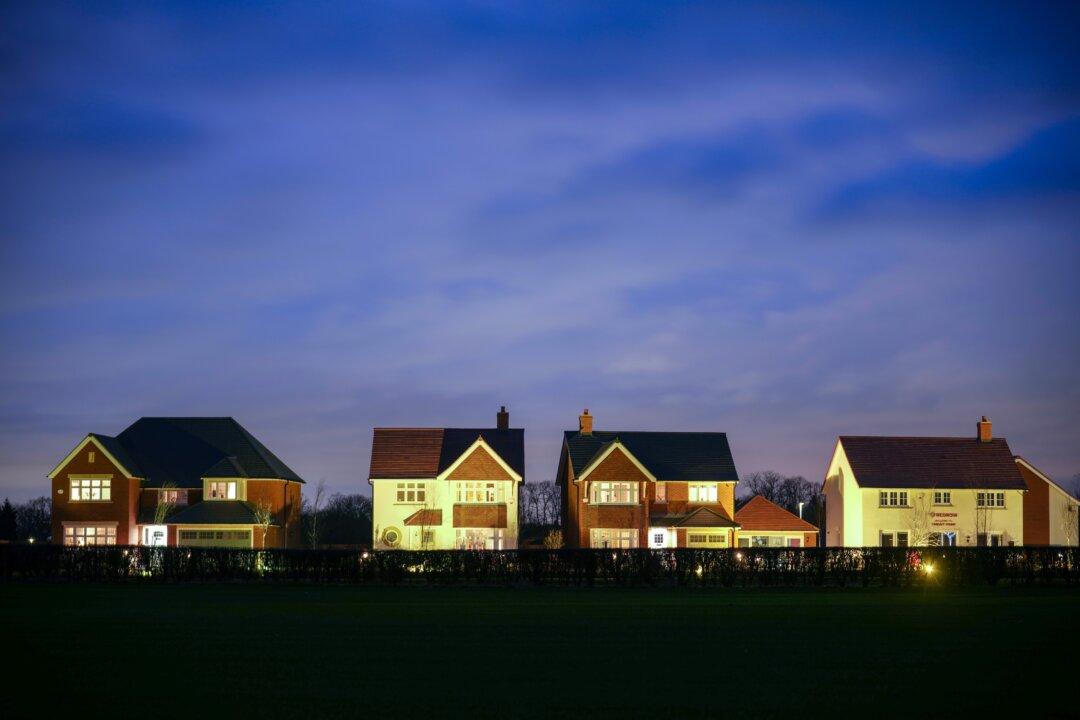Party politics and rules imposed by the government’s adviser for the natural environment in England could lead to a considerable decrease in net housing supply, the Home Builders Federation (HBF) has warned.
The housing supply could drop by up to 122,000 homes per year, HBF said in its March report (pdf), adding that in 2021/22 net housing supply stood at 233,000.





